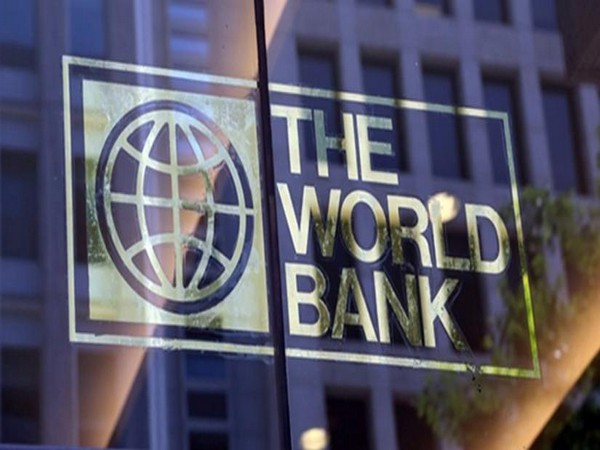

In order to curb Taliban’s growing atrocities against its citizens, especially women, the World Bank and the Management Committee of the Afghanistan Reconstruction Trust Fund (ARTF) have approved three projects totalling USD 793 million to deliver urgent and essential food, livelihood and health services to the people of the war-tattered country.
These programmes come as an aid and are intended to assist women and girls in gaining access to project benefits, Khaama Press reported, adding that all three projects will be handled by UN agencies and non-governmental organizations outside the Taliban-led government’s control.
According to a World Bank statement released on Friday, June 3, “The Afghanistan Emergency Food Security Project” would assist farmers in producing food and preventing further deterioration in food security.
The humanitarian initiative will concentrate on wheat production, with 300,000 households supported in November 2022 and another 300,000 households supported in March-November 2023. A total of USD 195 million will be distributed in two instalments of USD 150 million and USD 45 million, the statement read further.
The project will address the nutritional requirements of children, individuals with disabilities or chronic illnesses, and women-led households by giving seeds and basic tools for backyard kitchen gardening, as well as technical training on enhanced nutrition.
“The Afghanistan Community Resilience and Livelihoods Project,” another USD 265 million initiative will provide short-term livelihood opportunities as well as critical essential services in rural and urban areas as the project intends to give economic and livelihood opportunities to one million households in 6,450 rural villages across Afghanistan, as well as the cities of Bamyan, Herat, Jalalabad, Kabul, Kandahar, Khost, Kunduz, and Balkh, reported Khaama Press, citing sources.
With the help of national and foreign service providers and a total budget of USD 333 million, another project “The Afghanistan Health Emergency Response Project” aims to deliver basic health, nutrition, and Covid-19 services at over 2,300 health centres across the country as its focus is to improve the utilization and quality of key health services in Afghanistan.
After the Taliban reclaimed control of Afghanistan in August 2021, the international aid to the country came to a standstill. Moreover, its economy which had previously relied on foreign aid almost went on the verge of collapsing.
Unrecognized by most of the international community, the Taliban-led government has committed to disrespecting the human rights of women. Following the Taliban’s takeover of Afghanistan, media freedom was severely curtailed as most women were forbidden from their jobs, and girls in grades six and above were not allowed to return to school.
Afghan women are staring at a bleak future due to a number of restrictions imposed by the Taliban governing aspects of their lives within 10 months of Afghanistan’s takeover. Women are no longer allowed to travel unless accompanied by men related to them and are being curtailed from wearing make-up as well as their reproductive rights.